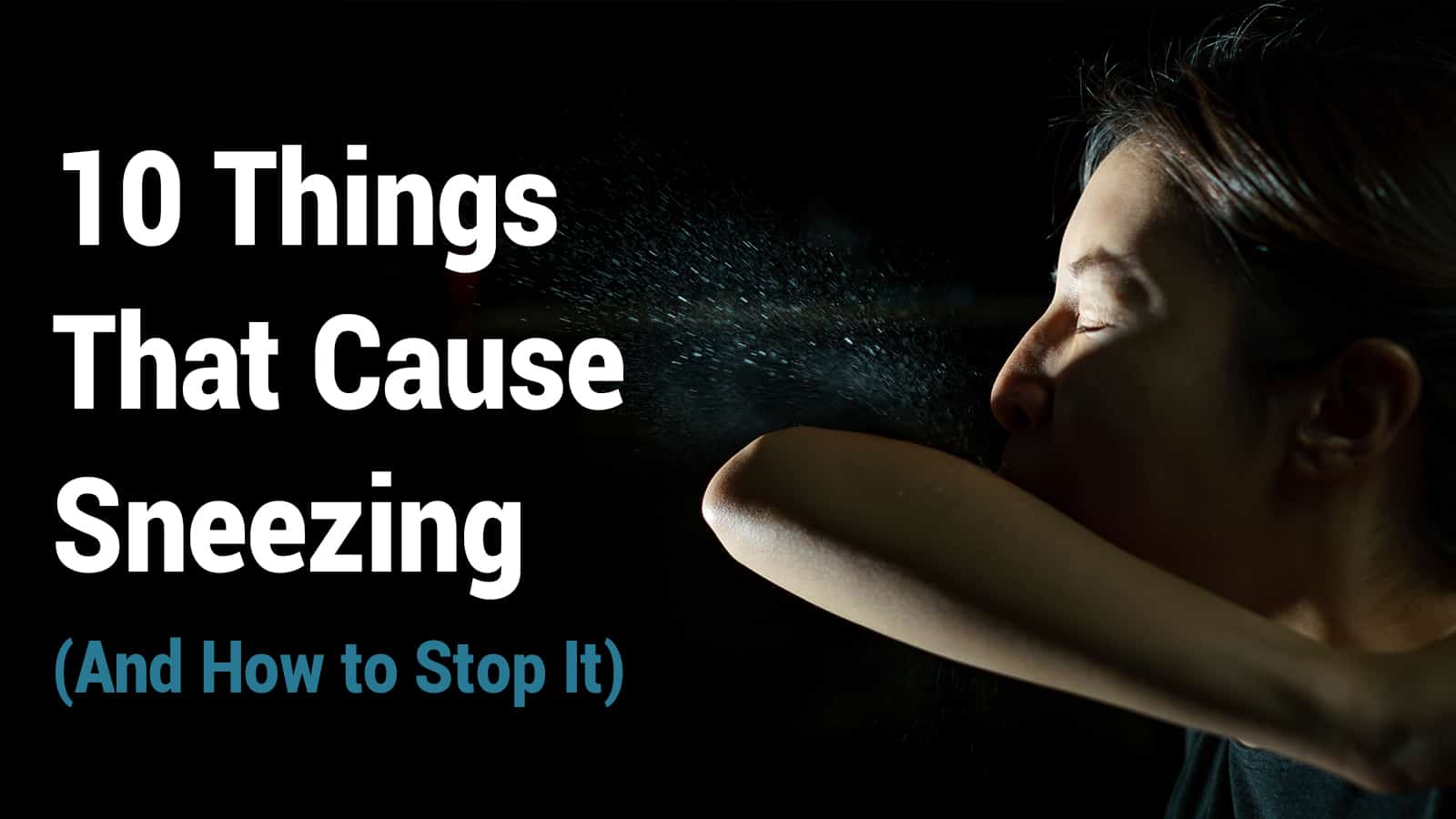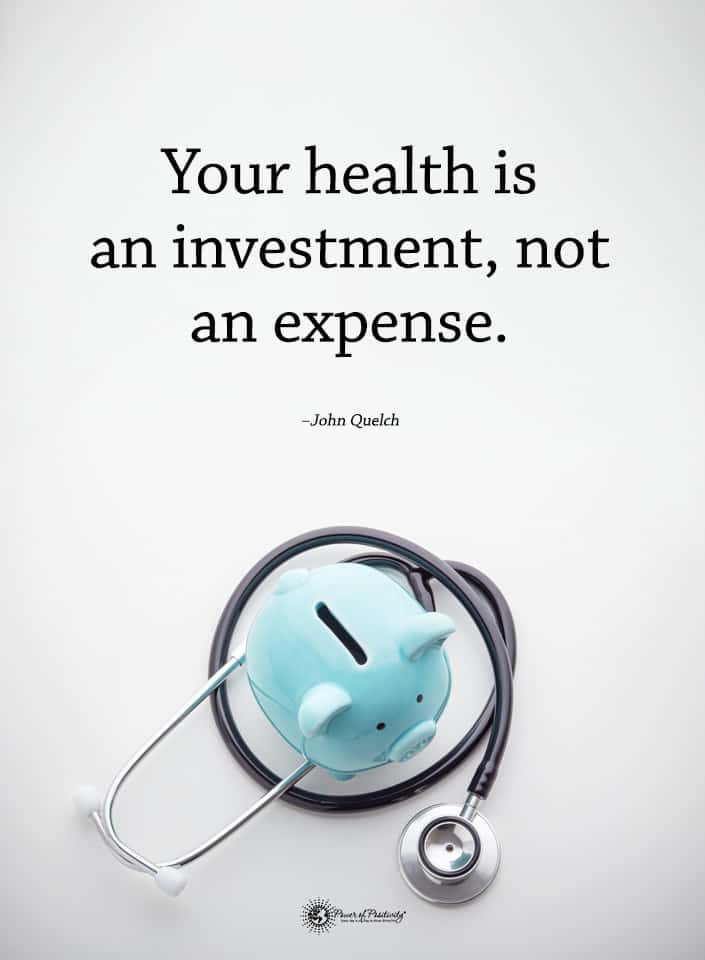How many times have you closed your eyes today as you randomly sneezed? Perhaps it was one rogue outburst, or you were gripped in a series of breathless events. What causes sneezing? And are there any remedies to combat this annoying issue?
Understanding Sneezing
Did you know that most people sneeze an average of four times a day? Sneezing, also called sternutation, is one of your body’s many automatic responses to invading microbes or stimuli. As bothersome as it can be, this cleansing serves your respiratory system well.
• Know Your Nose
Even if you don’t like the size and shape of your nose, you can appreciate the work it does for you. Not only does it provide your sense of smell, but it filters dust and microbes from the air you breathe. Its tiny hairs trap and filter any debris in the mucus lining, which is later sent to the stomach to neutralize.
The mucus lining in your nose and throat are sensitive and can be easily irritated by dust and germs. In response to the irritation, your body creates a sneeze to expel the offenders before the irritation turns into inflammation and infection. The response may take less than a second, but the mechanics of a sneeze are quite elaborate.
• Mechanics of A Sneeze
You would be amazed at the complex bodily process that’s involved in a sneeze. It’s a team effort with your nose, brain, diaphragm, and other muscles. At first, you feel a little tickle sensation in your nose and throat caused by dust or microbe irritation.
Your brain senses your discomforts and alerts your sneeze response in a fraction of a second. At your brain’s signal, your lungs quickly inflate with a deep breath, and you hold it. As your chest muscles expand and tighten, the air in your lungs is pressurized.
Immediately, your tongue presses against your palate, you close your eyes, and the compressed air is quickly blasted through your nostrils.
10 Things That Can Cause You to Sneeze
Some people have a more sensitive nose and respiratory system, so that causes them to sneeze more often. What are some of the things that send you into a stream of annoying sneezes? Here are the most common things.
1. Nasal Irritants
Perhaps the main reason people sneeze is because of irritants in the air, many of them microscopic. Dust, pet dander, sand, or any little particle that enters your nose can irritate the mucus lining and cause a sneeze. If your nasal passages are especially sensitive, you may experience multiple episodes.
2. Allergies
If you have allergies, you know all too well about how they contribute to sneezing and other discomforts. Allergy-induced sneezing is often observed by those who have seasonal issues, such as hay fever. You may have an allergic reaction to certain odors that make you sneeze too.
3. Viral Infections
Viruses are notorious invaders that often cause inflammation and diseases such as the common cold and flu. In response, you will have the usual additional symptoms of sniffles, coughing, and runny nose. All you can do is treat the symptoms because viruses do not respond to antibiotics.
4. Plucking Hairs
As if the price of beauty wasn’t painful enough, some of your beauty routines may cause you to sneeze. The next time you tweeze your eyebrows or a wily nose hair, notice that you will probably sneeze with each pluck. Science can’t explain the reason, but some researchers say it’s a nervous response.
5. Migraines
Although more research is needed, there is a positive correlation between migraines and sneezing. It could be a response to pain or inflammation. You know how excruciating it is to sneeze if you’ve ever battled a migraine.
6. Spicy Foods
That zesty taco or bowl of curry may be delicious, but the spice can cause a chain reaction. Spicy foods can irritate your throat and nose, causing instant inflammation, tears, coughing, and sneezing. Just the scent may cause you to sneeze.
7. Nasal Sprays with Corticosteroids
If you have severe allergies, you may be taking a prescribed nasal spray containing corticosteroids. These drugs help soothe your breathing passages and reduce inflammation. However, the first inhalations often make you sneeze.
8. Strong Emotions
Emotions can cause your body to react in unusual ways. When you are sad or angry, you often cry, get shaky, nauseated, and cough because of the rush of stress hormones. Your irritated nasal passages may respond with a sneeze or two.
9. Sunlight
Medical researchers are still at a loss at why you can see sunlight or another bright light, which triggers a sneeze. It’s a phenomenon called photic sneeze reflex. Try looking into a light and see if you don’t sneeze.
10. Drug Withdrawal
Specialists who work in substance addiction and recovery often report that sneezing is a common symptom during the withdrawal stages, especially from opioids. They believe it could be the body’s response to the stress of detoxifying.
Fascinating Sneeze Facts
Many English people make the “achoo” sound effect. However, it is a cultural habit and has nothing to do with the rush of air that creates the reaction. Some articles reveal that people from different countries make different sound imitation, and deaf people usually make no noise at all.
• Saying “Bless You”
Have you ever wondered why many cultures say a quick blessing over those who sneeze? Many ancient cultures believed that people could blow their souls out when they sneezed, but a plea for divine blessing would prevent it.
The myth persisted during the scourge of the Black Plague when a sneeze was often its first symptoms. Not only did people want to bless the potential victim, but they wanted to bless themselves as a ward against the lethal disease.
• Be Still, My Heart
Don’t believe the old myth that your heart stops whenever you sneeze. Your heart isn’t involved in the reflex and continues beating. Nobody has ever “sneezed” himself to death on record, and you won’t die if you sneeze more than three times either.
• Speed
Did you know that when you sneeze, the sudden burst of air can travel at speeds up to 100 miles per hour? That’s as fast as an F1 tornado wind speed range.
• Spraying Power
With each burst, it’s possible to blow as many as 40,000 water droplets within a five-feet radius. No wonder you should always use a tissue or the inside of your elbow.
• About Your Eyes
Of course, you can sneeze with your eyes wide open. We often close our eyes from habit. Opening your eyes probably won’t stop the momentum, but it isn’t likely to cause more either.
How to Stop Your Sneezes
Are you tired of sneezing your head off? Although the action isn’t harmful to your body, it isn’t very pleasant. Try these ways to stop it the next time you feel a sneeze coming.
1. Know Your Triggers
If you know what makes you sneeze, it’s easier to avoid the triggers. Whether it is dust, perfume, or spicy foods, avoid them as much as possible. You are more likely to sneeze less.
2. Blow Your Nose
Since an episode is often caused by irritants trapped in your nasal passages, it makes sense that blowing your nose can get rid of them quickly. It may work faster than waiting for the inevitable outburst.
3. Let Your Tongue Help
As soon as you feel that dreaded tickle in the back of your throat that comes before a sneeze, press your tongue against the roof of your mouth and rub it for a couple of seconds. It will usually do the trick to suppress it.
4. Take a Sip of Water
When your throat and nasal passages are irritated from coughing or a nasal attack, they will often feel dry and scratchy. Take a few sips of cool water to rehydrate your throat, and the symptoms may ease.
5. Give Your Nose a Pinch
This little trick often works before it happens. Pinch your nostrils together gently until the feeling fades. Please don’t do it while you sneeze because it can cause painful pressure in your ears.
6. Avoid Overeating
When you overeat, it creates a bevy of unpleasant symptoms for your body, like heartburn, indigestion, and obesity. Some people may sneeze several times, which remains without explanation, so avoid overindulging. It’s another good reason for healthy eating habits.
7. Avoid Bright Lights
Perhaps you are one of those people who sneeze when exposed to sunlight or another bright light source. If so, researchers suggest that you keep your sneezes stifled by wearing appropriate sunglasses when outdoors and avoid looking directly into bright light sources.
Final Thoughts: Be Courteous of Others While Sneezing!
These natural remedies may help you stifle a sneeze. Be kind to those around you and use tissues or your elbow to cover your mouth to stop the spread of germs. While this body process is normal, it also can be an indication of a bigger problem like a virus.


















